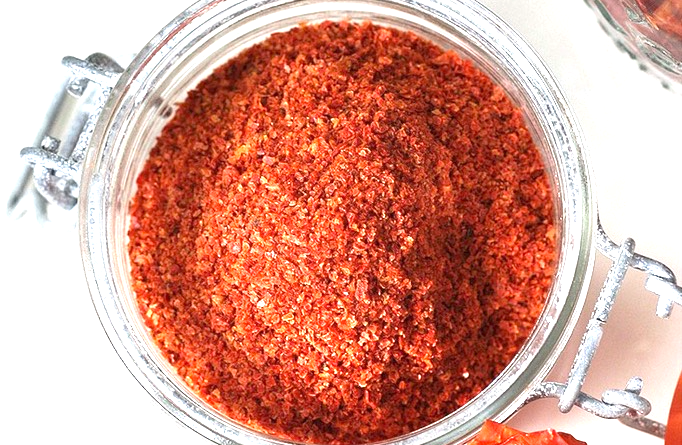THE FERMENTATION OF TOMATO POMACE: AN EFFECTIVE SYSTEM TO PRODUCE EXTRACTION WITH ANTI-INFLAMMATORY AND ANTIOXIDANT PROPERTIES
Peels and tomato seeds are the most abundant waste of the industrial production of tomato pastes. Their high humidity, in particular, affects their reusage and make them prone to decay. In this work, self-fermentation is used as a system for storing the tomato pomace and to assess its effect on the bioactivity of the alcoholic extractions. Bioactivity refers to the antioxidant and anti-inflammatory capacities which is attributed mostly to the polyphenolic fractions of the skins. Thanks to the presence of a suitable bacterial flora, the fermentation was effective and easy to manage. Although microorganisms partially reduced the polyphenol content, but the production by lactic bacteria of different molecules (after 240 days of process) has allowed to obtain extracts with a higher antioxidant power than the time zero and at the same time it resulted in the preservation of the anti-inflammatory ability. The process was therefore effective in obtaining fractions of interest for the cosmetic and food industry.
Reference:
Abbasi-Parizad Parisa, Patrizia De Nisi, Fabrizio Adani, Tommy Pepé Sciarria, Pietro Squillace, Alessio Scarafoni, Stefania Iametti and Barbara Scaglia. Antioxidant and Anti-Inflammatory Activities of the Crude Extracts of Raw and Fermented Tomato Pomace and Their Correlations with Aglycate-Polyphenols. Antioxidants (2020) Volume 9 (2). DOI: doi:10.3390/antiox9020179
The article is available at the link: https://www.mdpi.com/2076-3921/9/2/179/pdf

